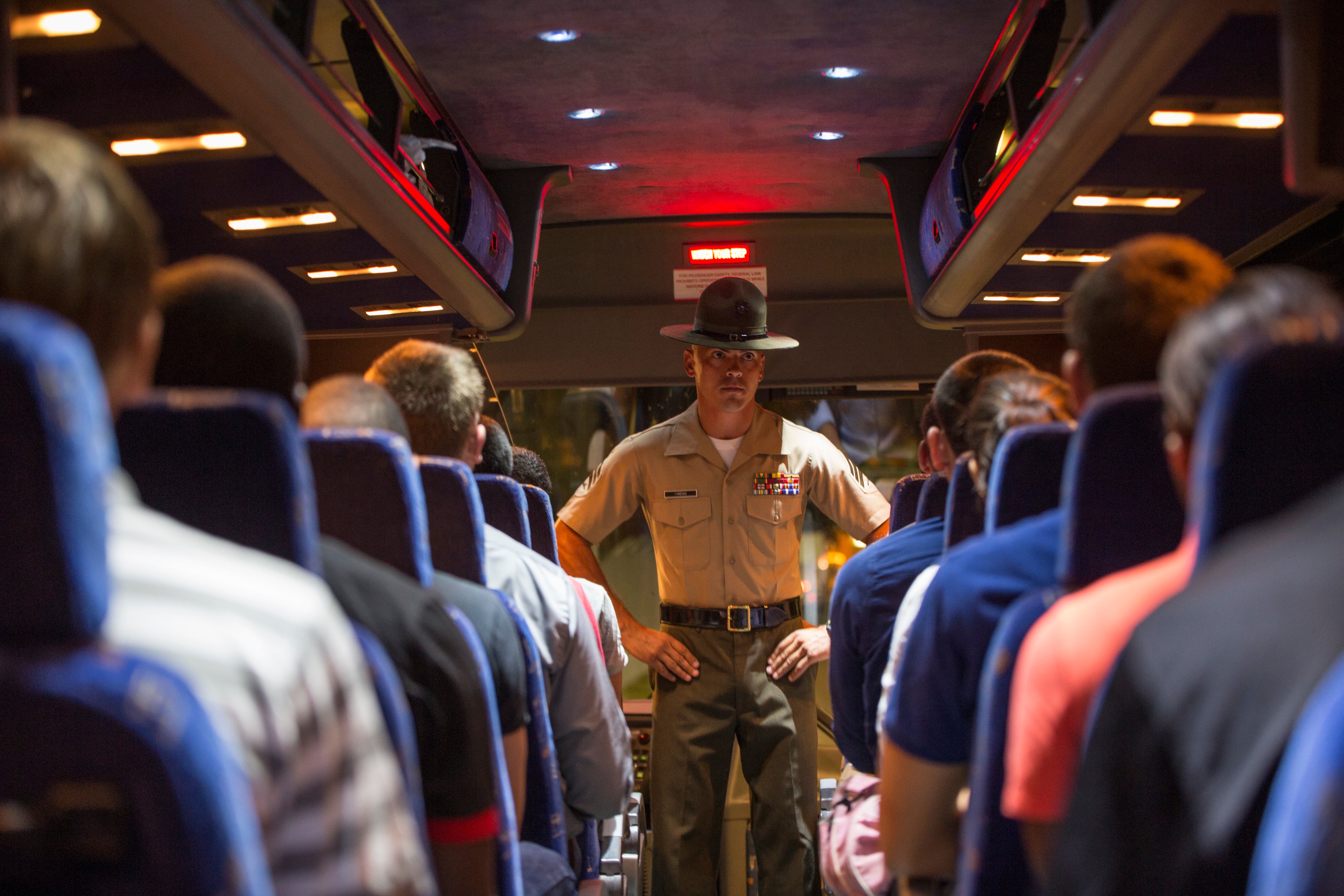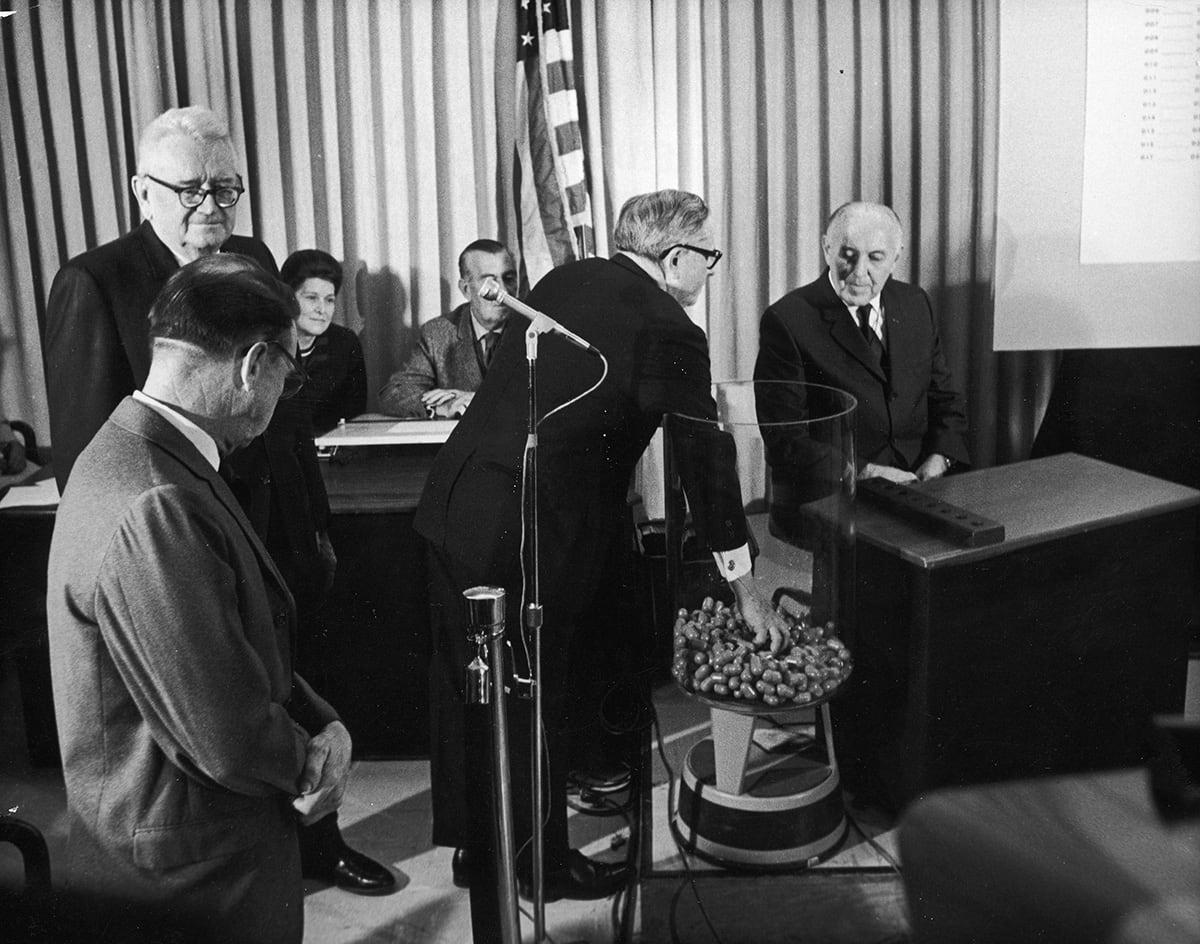Many of us who are concerned about the direction of our country seek ways to revitalize America’s civic culture and re-validate our nation’s motto, e pluribus unum (“out of many, one”).
The pace of global and domestic change along with the disruptive effects of technology will likely only accelerate the cultural tear underway among many of us Americans. Maybe it’s time for a program that promotes the idea of advanced citizenship to match up to all the other ways in which this country is so advanced.
As Americans, we sometimes assume that progress and development are a given. Travel the world (serve in the military) and look at history, and we know better. While in some ways we grow wealthier as a nation, we have become weaker in other ways — less self-reliant and sturdy, less accountable, and less connected — the “united” in our nation’s name is showing signs of wear. It’s also a law of social physics that there is no such thing as a free lunch, so the important question then becomes: “What should be required from any one of us to be a part of all of us?”
The United States of America could change the game with a national service requirement for all of us. We could elect to impose upon ourselves some period of service as a requirement of all able citizens. Perhaps even rights (voting) and privileges (health care) would depend on fulfilling such an obligation? National service could be a forcing function for collective self-discipline to build better citizens — it’s a way to save ourselves, from ourselves.
This significant sacrifice from each of us might take the form of local, regional or national service. That service could be in one or more of a number of fields required for a functioning civil society — education, health care, municipal services, and certainly defense (I am painfully aware of how field commanders would prefer volunteers to conscripts any day, but there is a larger point here, perhaps). While such a program could help us get things done as a country, it would also bring people together who would otherwise not meet or develop an appreciation for each other — and not just individuals, but entire classes, races and geographies who presently do not mix.
RELATED

Much of what once ensured these values and our enfranchisement as citizens (other than taxes) does not exist today — like the draft — or has just become less prominent in public life: civic organizations, charity, various non-business associations, certain aspects of public education. And bureaucracies are often poor agents for change when individual human beings with individual problems are concerned, but our problem is a group phenomenon, which calls for a group answer.
Moreover, some social, political or economic challenges need solutions at scale — war, the New Deal, space travel, the internet. The vessel that has historically proven most ready for such responses is the government, which, unlike the private sector, is the one pre-approved investment that need not pay dividends in the next quarter — i.e., we allow and even expect government to make moonshot programs come to life.
There are no doubt many reasons why this is a challenging concept to take mainstream. Barriers range from a lack of historical precedent (in this country), to fierce individuality, to an all-time low respect for government leaders and institutions. It would be messy and complex — many things worth doing are — but the visibility and forced compression, and resolution, of many of our national or cultural issues through such a program would be in our hands in a much more collaborative sense.
RELATED

Intentional and deliberate crucibles that form us as people and as citizens are today in short supply. Universal service could empower people as individuals to be an effective part of the whole without losing their identity, and could ultimately increase our individual sense of identity as Americans. Often it is some external threat that most easily unites people, but in this case we are the threat. Citizenship is like sport; it takes practice to get good at it. For the sake of the American experiment, present and future, we need some exercise.
Kepler Knott is a researcher and writer who has lived and worked among his fellow citizens from different backgrounds, including serving in the U.S. Army National Guard as a citizen-soldier. Having visited, lived and/or worked and served in over 40 countries, he has gained a fundamental appreciation for just how valuable the American experiment is.
Editor’s note: This is an Op-Ed and as such, the opinions expressed are those of the author. If you would like to respond, or have an editorial of your own you would like to submit, please contact Military Times managing editor Howard Altman, haltman@militarytimes.com.





